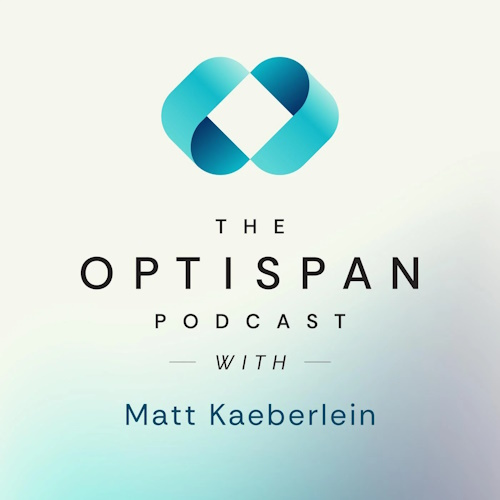Uncovering New Longevity Research DISCOVERIES: The Power of 3HAA Revealed
Matt talks with George Sutphin about his research on the genetic influences of ageing
George Sutphin, an Assistant Professor of Molecular and Cellular Biology at the University of Arizona, leads a lab focused on understanding the genetic factors of longevity, kynurenine-based treatments for lifespan extension, and environmental influences on ageing. With a background in aerospace engineering, George transitioned to geroscience, earning his PhD from the University of Washington and completing postdoctoral work at the Jackson Laboratory. He is also Chairperson of the American ageing Association. In an interview, George discussed his research on the impact of caffeine and his discovery of a metabolite that significantly extends lifespan when administered later in life, along with his views on biological age clocks and his personal healthspan strategies.
Key Points:
George Sutphin investigates ageing and longevity through genetic and environmental factors. He discussed his research on caffeine's impact on lifespan, a newly discovered life-extending metabolite, and his views on healthspan optimization.
- Background of Dr. George Sutphin: Dr. Sutphin transitioned from aerospace engineering to biology after his growing fascination with ageing research, influenced by conversations with his father about genetics and lifespan.
- Interest in Geroscience: Initially skeptical about the scientific validity of ageing research, Dr. Sutphin's curiosity was sparked after reading papers on the subject, leading him to shift his career focus from engineering to molecular biology.
- Caffeine and Lifespan in Worms: One of Dr. Sutphin's notable projects involved experimenting with caffeine, demonstrating that it could extend the lifespan and health span of Caenorhabditis elegans (worms). However, this effect may not directly translate to humans, though there is some epidemiological evidence linking caffeine to reduced disease risks.
- Dietary Restriction and Lifespan: Another key project explored the effects of dietary restriction in genetically diverse worm populations. The findings highlighted that not all organisms benefit equally from caloric restriction, suggesting variability in how ageing interventions might work across species.
- Biological ageing Clocks and Biomarkers: Dr. Sutphin discussed the development of biological clocks that aim to measure biological age through biomarkers like gene expression. While promising, these clocks still face challenges, particularly regarding their predictive accuracy for longevity and health outcomes.
- Genetic Screening in Worms: In collaboration with human cohort studies, Dr. Sutphin's team identified genes that change expression with age. They conducted screens in worms to determine which of these genes could impact lifespan, discovering that many genes conserved across species are involved in ageing.
- The Kynurenine Pathway and Lifespan: A significant finding from his research was the role of the kynurenine pathway in lifespan regulation. The metabolite 3-hydroxyanthranilic acid (3HAA) was found to extend lifespan in worms when supplemented and has potential implications for human ageing research.
- Future Directions: Dr. Sutphin emphasized the importance of personalized medicine and understanding genetic diversity in the application of ageing interventions, suggesting that treatments like caloric restriction or supplements may not benefit everyone equally.
Visit website: https://www.youtube.com/watch?v=CFVQUSVJmIk
See alsoDetails last updated 18-Sep-2024



